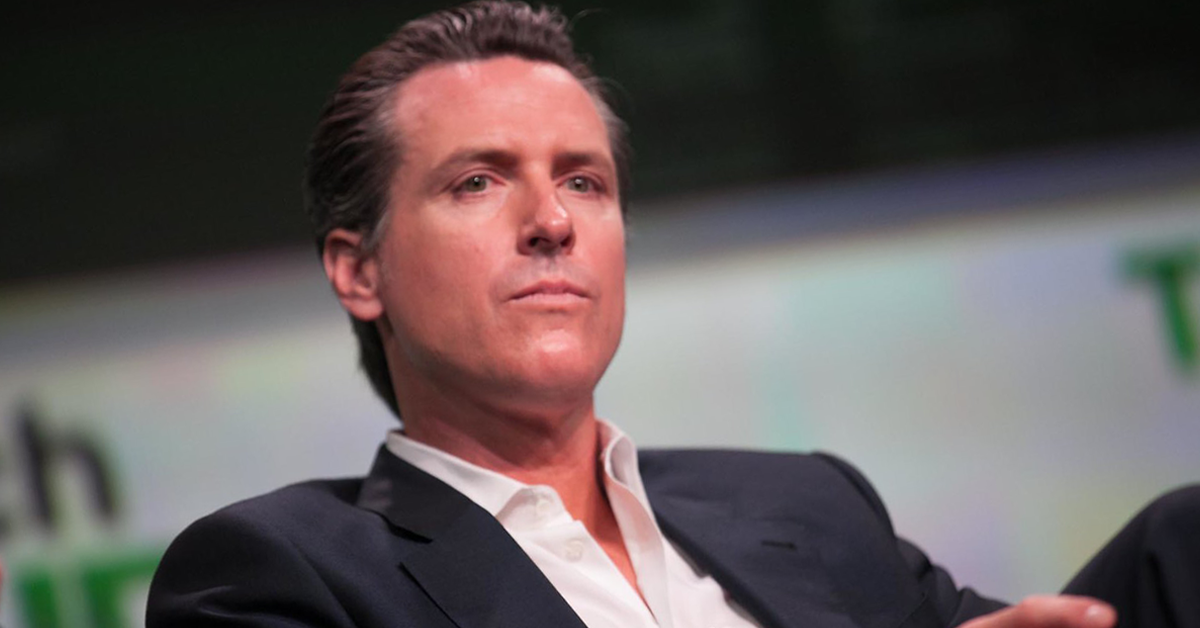The Supreme Court ruled in favor of Starbucks in a case that makes it more challenging for the National Labor Relations Board (NLRB) to obtain court orders in labor disputes related to unionization campaigns.
The justices set higher standards for when federal courts should issue orders to protect workers’ jobs during union organizing campaigns, rejecting a rule that some courts had applied in favor of a threshold advocated by Starbucks.
Driving the news: The NLRB argued that the National Labor Relations Act allowed courts to grant temporary injunctions without proving additional factors, intended to limit the courts’ role, but the Supreme Court did not agree.
- The case began when Starbucks fired seven workers in Tennessee who were trying to unionize their store, leading the NLRB to seek a court order for their reinstatement while the case was ongoing, which could take up to two years in administrative proceedings.
- Despite legal battles, some workers involved in the unionization effort continue to be employed at the Memphis store, with others remaining engaged in the organizing movement.
- Following the legal dispute, Starbucks and Workers United union have shown signs of improving relations, planning to negotiate contract agreements in the following year after restarting talks and holding a bargaining session in late April.
- While nearly 437 company-owned Starbucks stores in the U.S. have unionized since late 2021, no labor agreements have been reached between Starbucks and these organized stores.










